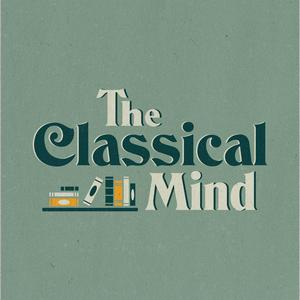In this episode of The Classical Mind, Junius and Wesley dive deep into Herman Melville’s Billy Budd, Sailor — a haunting naval novella exploring innocence, evil, law, mutiny, and biblical symbolism aboard a British warship during the Napoleonic era.
Melville’s final, posthumously published work blends gripping maritime drama with profound moral and theological questions. We unpack what Makes Billy Budd a Great (and Strange) Work, Historical and Naval Context, Biblical Themes, and how memory and myth are related.
Endnotes:
* Junius: Bartleby, the Scrivener
* Wesley: Billy Budd (1962)
Get full access to The Classical Mind at www.theclassicalmind.com/subscribe


